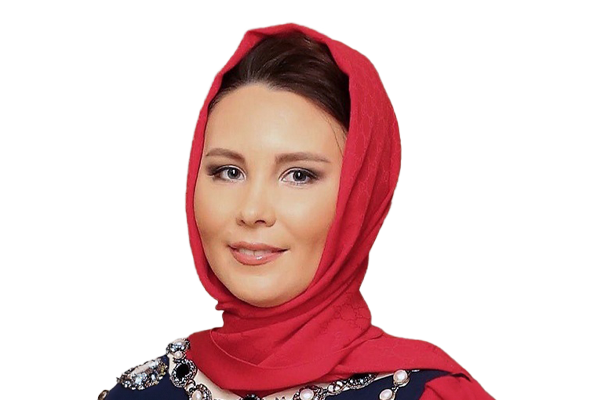This paper offers an alternative conceptualisation of Qatar’s engagements with sports non-state actors to illustrate Qatar’s rented power in practice. Acknowledging well-established concepts of power such as hard, soft, smart,1 subtle,2 sharp and sticky,3 sharp,4 civilian,5 military,6 and normative,7 this study offers the reader an alternative way of seeing sports diplomacy as a vital ingredient of rented power politics. The term rented has been chosen because, although Qatar has relied on its own financial capabilities, rather than using its own further power sources, it relies on the well-established transnational influence of non-state actors. In other words, the alternative concept, rented power includes non-state actors in the scope of International Relations (IR) theory, and considers their capacity as well-developed transnational presences being used, in diverse ways, by a state for political ends. Rented power is the power employed by a well-endowed state to back a non-state actor in return for access to the latter’s transnational influence.
The concept of rented power was developed by closely examining Qatar within the context of a comprehensive analysis of social power and IR theory. Rented power particularly relies on the foundations of Robert Dahl8 and the scholarship of those succeeding him.9 The relational power approach proposed and developed from the base of social power (based on a sectional power approach; pluralist assumptions and the one-dimensional face of power clarifications) is fundamental to rented power because it is also the foundation for the ‘specific spatio temporal context’ approach, where every size of state can wield power. Moreover, the relational power approach includes both state and non-state actors in its scope for the wielding of power. Finally, those following on from Dahl developed the well-acknowledged balance of power theory, initially introduced by followers of a national power approach.
However, rather than force, proponents of the relational power approach rely on wealth as the key means for engagement between actors. This allows relations between a state and nonstate actor to be explained as a state with financial capabilities backing a non-state actor, and as a result renting its transnational, well-established influence temporarily. The measurement of rented power should be multidimensional in focus (following Dahl and his successors’ explanations). Wealth should always be viewed as the means of rented power; a state makes ‘payment’ to non-state actors (this article uses the term ‘backing’ because of direct and indirect ways that payment(s) might occur between a state and non-state actor), thus allowing it to take advantage of non-state actors’ transnational, well-established influence for its own political ends.
Domain means that a state doing the ‘renting’ would normally be considered as having global influence due to the transnational influence of the non-state actors. However, the popularity, and therefore influence, of each non-state actor in a geographical area will depend on its specific qualities. In this case, within the context of rented power, a state also rents that influence, spread to a particular region, where the well-established influence of a non-state actor already exists. The actor’s influence may be tied to a specific political geography or may have a wide international reach, within a specific sphere (such as the World Cup 2022). Scope should be understood in the context of the methods employed in the backing of non-state actors by states. As such, scope can be either directly funding a non-state actor, or indirectly. Weight refers to the influence rented by a state, which it achieves politically through renting the well-established influence of a nonstate actor. Finally, cost identifies what price a state has to pay for its backing of a non-state actor.
Given these theoretical underpinnings, this paper demonstrates Qatar’s rented power in practice through its engagements with sports non-state actors. The study describes scope by focusing on the hosting of sports mega-events (The World Cup 2022) and acquisitions (Paris Saint-Germain – PSG), and shirt sponsorship of famous clubs (FC Barcelona, FC Bayern Munich, AS Roma). As a result, as the next section of the paper demonstrates, the domain of Qatar’s rented power has and will spread worldwide due to the popularity and transnational presence of these nonstate actors. The paper goes on to examine the associated weight, and argues that through engagements with sports entities, Qatar rented an important role in the world of sports politics, and also rented influence within the domestic affairs of some ‘heavyweights’, as indicated in the case study of France. However, as the final section of the study illustrates, Qatar also paid a cost for such engagements, particularly the criticism it received concerning the FIFA World Cup 2022, and the football clubs PSG and FC Barcelona.




